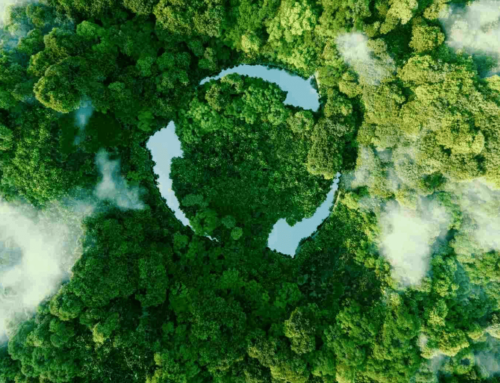At Spring Power and Gas, we know that the most efficient homes in the U.S. rely on a combination of electricity and natural gas. These two energy sources work side by side every day—powering appliances, maintaining comfort, and supporting your lifestyle smartly and sustainably. Let’s look at how they complement each other throughout your home.
A dual-energy household
Most modern homes aren’t powered by just one energy source. Instead, they benefit from both strengths. While electricity is essential for lighting, electronics, and efficient heating and cooling systems, natural gas plays a key role in water heating, space heating, and precise cooking performance. This blend creates a balanced, resilient, and cost-effective energy system.
Heating, cooling and hot Water
Electric heat pumps and air conditioners are excellent for maintaining year-round comfort, especially when paired with a natural gas furnace for colder months. Water heaters also come in both electric and gas models, and many homes use one of each for different purposes, like a gas heater for the bathroom and an electric one for the kitchen. This combination allows for steady hot water and energy efficiency.
Cooking with precision and power
Natural gas and electricity complement each other perfectly in the kitchen. Gas stoves offer instant heat and precise flame control, ideal for chefs and home cooks. Electric ovens provide even heat distribution, which is great for baking and roasting. Using both brings flexibility and performance to your culinary routine.
Cost efficiency through energy mix
Using both energy sources allows homeowners to optimize their energy spending. Some appliances operate more efficiently on gas, others on electricity. A smart combination helps manage energy bills while maximizing comfort and functionality across seasons and usage patterns.
Environmental awareness and energy use
Electricity is becoming cleaner as more is generated from renewable sources. Meanwhile, natural gas remains a lower-carbon option for heating compared to other fossil fuels. When used together, electricity and gas allow households to reduce their environmental footprint while reliably meeting their energy needs.
Safety, reliability and resilience
Access to electricity and natural gas enhances your home’s energy resilience. Gas-powered systems can continue to function during power outages, helping you stay warm or cook food. Electric systems require minimal maintenance, so you enjoy ease and reliability from both sources.
Two sources, one comfortable home
There’s no competition—just collaboration. Electricity and natural gas each play an essential role in making your home more efficient, comfortable, and prepared for anything. At Spring Power and Gas, we’re proud to support this balanced approach to energy.
Want to learn how your home uses energy?
Our team is here to help you understand your energy setup and maximize your electricity and gas usage. Contact us today.






